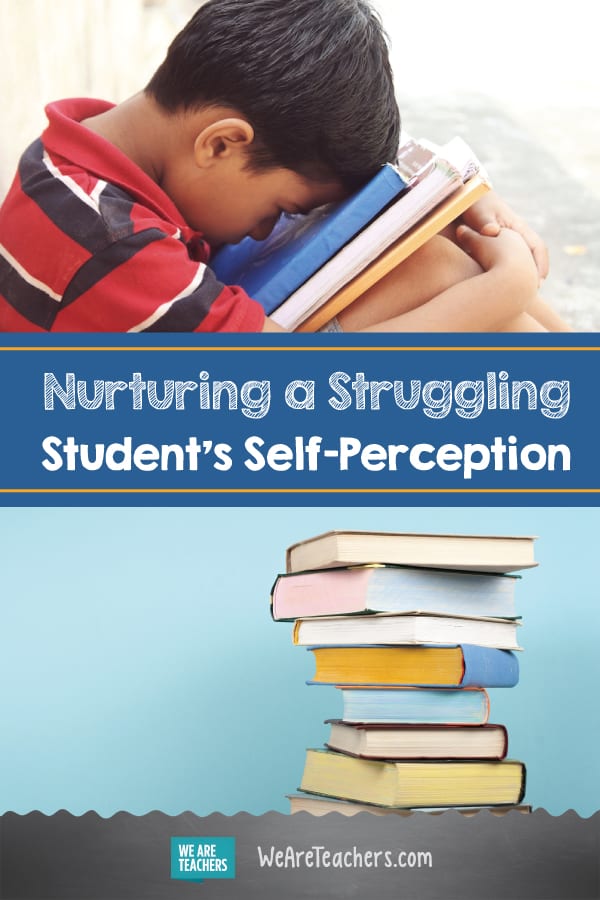“I can’t read.” Every year I have at least one student say this to me. Sometimes it’s tinged with frustration, sometimes anger. Other times it is very matter of fact, as if they were telling me their favorite color. Being a nonreader has become, to them, a part of who they are. I teach many students who have reached fourth or fifth grade without perceiving themselves as readers, or mathematicians, or successful students in general.
These struggling students are all at different points in their journeys. Some have resigned themselves to the idea that they’ll never “catch up” to “everyone else” and just try to blend into the cinder block on the walls, hoping the teacher lets them float along the year, unnoticed. Others compensate for their academic struggles by becoming the class comedian, bully, or the extra-helpful one. They all find some way to mask or dull their sadness. Reading is just one example; it could be any subject area where a student struggles.
These students most likely have been exposed to the basics more than a few times. So what can we, as teachers, do? What can we offer that is so different than all the instruction these students have already had?
Regardless of the age level or ability, in order for someone to be able to learn something, they need to believe they can. Until they are open, learning is not going to happen. For example, at some point you learned how to tie your shoes. You may have been the kid who jumped into that and learned right away. Alternatively, you may have been the kid who it didn’t come to easily and had to practice many times before you got it. If it was hard for you, think about it: At some point, through the struggle, you persevered and decided that this was something you could eventually master. You would never have learned had you stood there telling yourself that you would never figure it out. At some point, you took the risk to be vulnerable and kept trying.
Helping struggling students to believe in themselves
That hope is exactly what we need to inspire and nurture in struggling students in order for them to succeed. Over the years, here are some tips I have begun to keep in mind when working with such students:
Meet them where they are.
If you’re lucky enough to be able to spend some one-on-one time with the student, work with them and figure out exactly where they are in terms of level. It is no use starting out two or three grade levels above the student’s head if they are not there. This will only cause frustration for you and for them.
Set realistic expectations.
Let them meet success. To do this, the tasks may start out as very simple. One year I had a student who was average but really had little-to-no literacy skills for a variety of reasons. We found a book that looked like the size of a paperback that his peers might be reading, but the reading level was actually that of a beginning reader. He was able to meet success with this book. He took it home night after night and became more and more confident with it.
Encourage, encourage, encourage.
It can get easy for us to overlook the small successes a student may have. True, she still can’t zip up her coat, but the fact that she now puts it on herself is a step in the right direction. I always remind myself to make sure I celebrate those small successes with the student. No matter what their age, students need to get that verbal praise at every step along the way.
Help them succeed in the bigger picture.
Once they have some confidence in their new skill, encourage them to use it as part of a larger group in the classroom. That student who took that book home and memorized it to help himself learn to read? Eventually he got to the point where he would read aloud in class. I would always preread with him to make sure he would be successful. The idea was that he felt good enough about reading to take the risk and do it in front of others.
As teachers we are so much more than instructors, although it certainly is our responsibility to instruct our students. The instruction will not stick, however, until the student believes that they are capable of learning. It is that balance of coaching, supporting, and instructing that allows a teacher to make a difference for a struggling learner.
How do you nurture a struggling student’s self-perception? We’d love to hear your thoughts and ideas in our WeAreTeachers HELPLINE group on Facebook.
Plus, be careful what you tell your students, because they’ll believe you.

